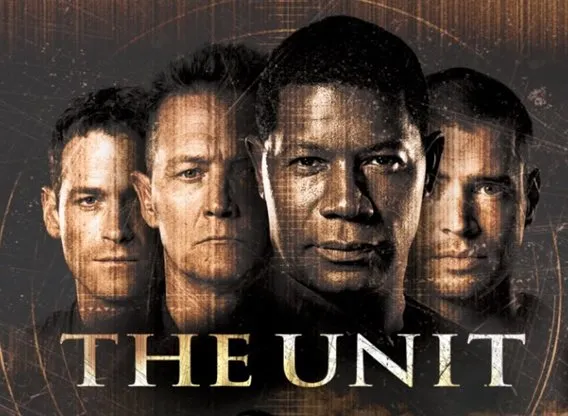
Alice in Borderland, a Japanese sci-fi thriller directed by Shinsuke Sato and based on the manga by Haro Aso, is one of Netflix’s standout international series. First released in 2020, the show merges psychological survival drama with dystopian fantasy, drawing comparisons to Squid Game, but with a uniquely stylized, high-concept edge.
The story follows Arisu, a socially isolated young man obsessed with video games, who suddenly finds himself and his two friends transported to a deserted, alternate version of Tokyo. In this strange “Borderland,” the only way to stay alive is to compete in deadly games—each marked by a playing card that indicates its difficulty and theme. These aren’t simple challenges: they test not only physical skill, but logic, emotional strength, and one’s moral boundaries.
The show’s brilliance lies in its escalating tension and unpredictability. Each game is unique, ranging from psychological betrayal to brutal physical violence. Yet the violence never feels gratuitous—it’s layered with existential questions. Who are we under pressure? What would we sacrifice to survive? And is surviving worth it if we lose our humanity along the way?
Kento Yamazaki delivers a compelling performance as Arisu, transforming from a passive loner into a reluctant leader shaped by grief and purpose. Tao Tsuchiya shines as Usagi, a strong and resilient climber who partners with Arisu after the traumatic events of Season 1. Their relationship adds emotional depth to the chaos, grounding the series in moments of vulnerability and hope.
Visually, Alice in Borderland is stunning. The eerie, empty streets of Tokyo create a surreal backdrop for the brutal games, while the special effects and action choreography keep viewers on edge. The show also uses color and camera movement to intensify psychological states—especially in scenes involving deception or death..

Beyond the thrills, the series explores deeper themes: alienation in modern society, the desire for meaning, and the consequences of apathy. Arisu’s transformation is not just physical—it's philosophical. He begins by escaping his mundane life, but ends up confronting the harshest truths about what it means to live with purpose.
The second season expands the mythology of the Borderland, introducing the "face cards"—even more dangerous and charismatic antagonists. It dives further into the mystery of the world, offering partial answers while preserving ambiguity. This balance of revelation and enigma keeps the narrative compelling and invites ongoing interpretation.
Alice in Borderland is more than a survival thriller—it’s a sharply written, emotionally rich journey through the extremes of human nature. With layered characters, thought-provoking themes, and relentless pacing, it challenges both its characters and audience to think about life, death, and the choices we make when everything is at stake. As a sci-fi allegory and a survival spectacle, it’s one of the most imaginative series in recent years.


